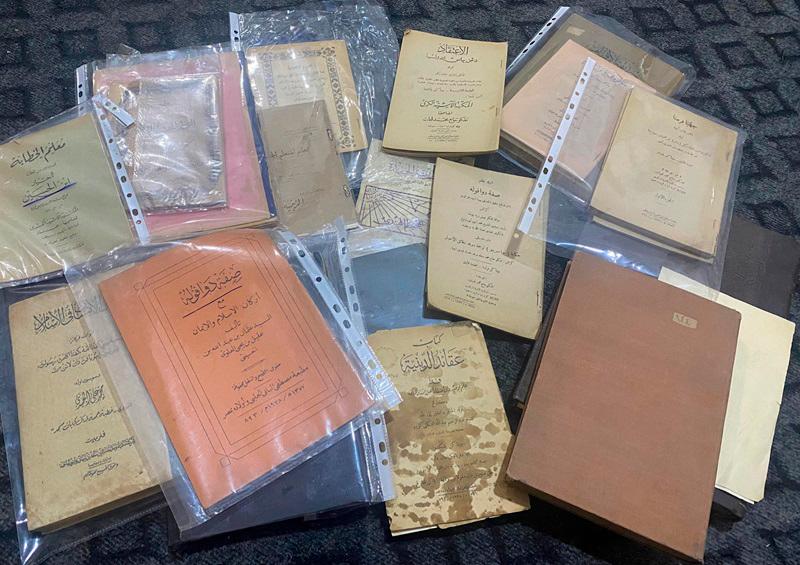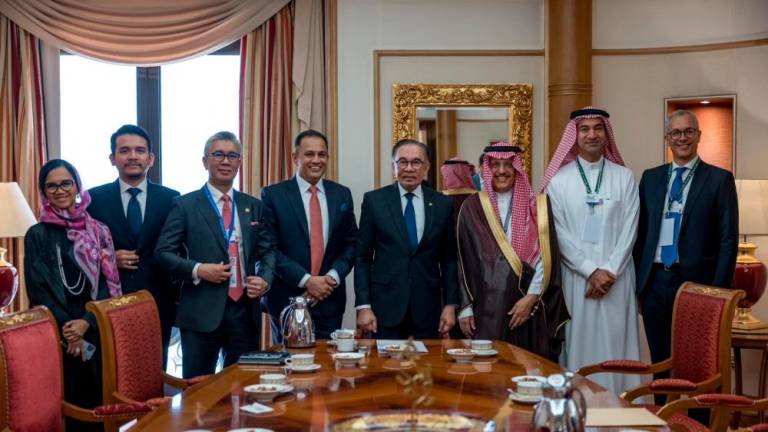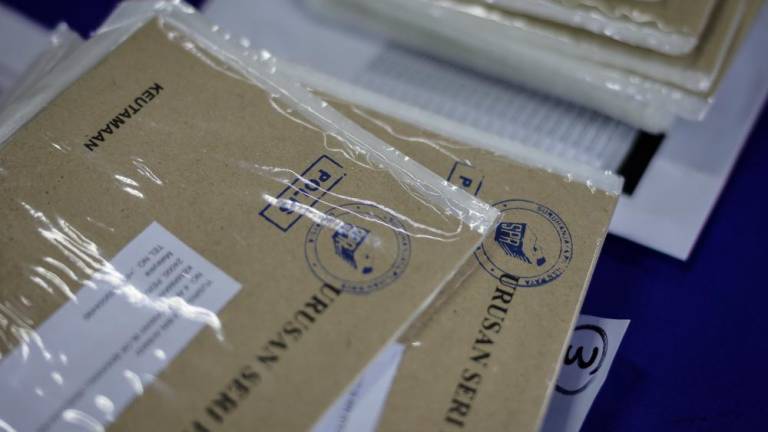KUALA LUMPUR: Like the Malay proverb, ‘Sambil Menyelam Minum Air’, a Malaysian student in Egypt went on a drive to collect nearly 200 old indigenous Nusantara books (kitab turath) written by Malay scholars from around the 1920s to the 1960s during his studies at Al-Azhar University, Egypt.
A final year Usuluddin student at al-Azhar University, Muhammad Nur Hadi Sallehuddin, 24, began collecting the precious treasures starting in early 2020, most of which were printed by Mustafa al-Halabi, one of the oldest printing and bookselling companies in the Middle East country.
When contacted by Bernama recently, Muhammad Nur Hadi said that the old books of the archipelago, are rare and they were mostly written in Jawi and Acehnese script, covering various Islamic disciplines including history, tafsir, tajwid, fiqh, Sufism, hadith, creed and Arabic-Jawi dictionaries.
According to him it was written by several famous scholars from Malaysia including the first National Tokoh Hijrah Maal recipient (1987), Dr Syeikh Idris al-Marbawi: Kelantan scholar, Sheikh Jaafar Husein; Kedah scholar, Sheikh Abdullah Wan Ibrahim apart from scholars from Indonesia and Pattani.
“For example, besides being known to play a major role in writing the Arabic-Jawi dictionary (kamus al-Marbawi), Sheikh Idris also interpreted Surah Yasin into three versions, namely the translation of his mafhum (thought), a translation from the works of Arab scholars into Javanese as well as translated summaries.
“Also recorded was the writing of the Arafah prayer by Sheikh Jaafar Husein and many more,“ he said and added that almost RM20,000 of his savings was spent to get the books, including other materials such as correspondence documents and iron stamps engraved with Jawi-Arabic script.
Muhammad Nur Hadi said among other interesting discoveries was that he could see written evidence of the great contributions of Sheikh Idris who became an editor to books written by other scholars before they were printed for publication and his success in opening a publishing company in Egypt.
Commenting on how he was motivated to collect so many old books from the archipelago, Muhammad Nur Hadi who is from Taiping, Perak said it was because the old books have historical value including being original prints in Egypt, old age, a reliable reference as well as valuable relics from the past scholars.
“When I first came to Egypt, I did not know the existence of this Jawi book (kitab turath), until a friend in Malaysia informed me. In the beginning, I just took 25 books, eventually a sense of responsibility arose in me to find and collect them.
“Not all Malaysian students who come to Egypt do so, some of them will buy only one or two, because there may be time constraints, interest, energy and money to study these historical treasures,“ he said.
Speaking further, Muhammad Nur Hadi said that his meeting with an Arab book dealer, Ammu Abdul Maula while in Egypt was also one of the factors that facilitated his efforts to collect such books in large quantities.
“Ammu, who is in his 70s, has been an employee of Mustafa al-Halabi for over 50 years and is knowledgeable about the storage of holy books printed by the company. I have met him many times to find books of Malay lore.
“When he saw my interest and was convinced that I could keep the book for the future generations, he took me into the book warehouse and showed me the books on Malay tradition that were still there. So, that’s where I get most of the titles that no longer have excess copies,“ he said.
Muhammad Nur Hadi said that he plans to bring the scrolls home when he returns and is ready to share them with interested parties such as historians, academics and universities.
Meanwhile, Malay history and civilization researcher, Dr Hasanuddin Yusof described the efforts made by Muhammad Nur Hadi in collecting the writing treasures of Malay scholars from Egypt as commendable so that the content can be studied and disseminated widely.
“When Islam began to spread in the Malay world in the 15th century, many from here went to Makkah and Medina to study which at that time also became a centre of Islamic studies. Therefore, Malay scholars also learned to write books while living there.
“So the tradition is the same in Egypt, our scholars who live and study there will write a book, and there are books that are not published here by Muhammad Nur Hadi. We already have made a large collection of works by Malay scholars in Makkah, but it is still limited from Egypt,“ he said.










